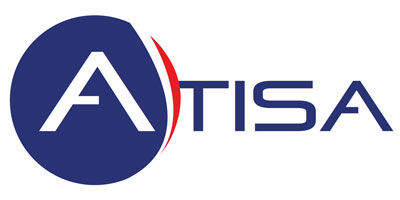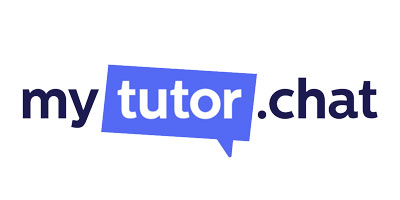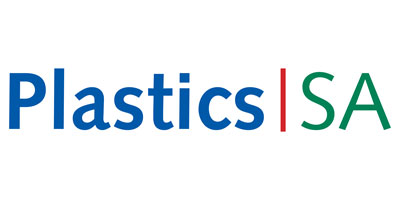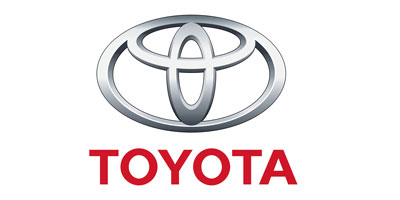The last twenty-five years, or so, have been characterised more and more by the use of digital technology, since the introduction of the internet in 1991. Whereas previously the emphasis was on traditional industry and preparing learners for a manufacturing economy, we now have an economy based heavily on information technology. As computers have become increasingly a part of our essential, everyday lives, the ways we learn, socialize and work have also been transformed. People whose jobs are easily automated have had to find different work and many jobs are fast becoming obsolete. “Mind workers” such as engineers, doctors, lawyers, teachers and psychologists are better able to compete for jobs in environments that are increasingly tech efficient.
What are the implications of this for the education of our children? Certainly, there are changes in what children learn, how they learn and where they learn. Just as the invention of the printing press changed the rate and volume at which people consumed information, so the digital revolution has impacted learning and literacy. As more and more schools invest in high-speed internet access and encourage learners to bring devices such as tablets and laptops to school, what are some of the concerns we are navigating?
We know that rote learning is now inadequate given the rate at which answers are outdated, but protection is needed, as children are not equipped to deal with the vast amounts of unfiltered information online. Educators are now responsible for filtering appropriate and meaningful content to learners, not purely presenting what a curriculum lays out.
In terms of job preparation, multimedia literacy is highly important. This is the ability to use images, video, animation, music, sounds and text to produce content for information users. Thus, it is critical for children to be proficient at digital communication, such as posting messages to bulletin boards, creating online polls, reading the latest news online and developing websites. At the same time, we need to preserve the wonder and value of traditional literacy which develops the foundational ability to use technology effectively. Foundational reading and writing ability and exposure to cultural activity is needed to make use of the Internet meaningfully so that it does not devolve into mindless swiping from one meme to the next. Therefore, whilst schools and educational centres need to promote multi-media literacy, the development of language through reading and writing and understanding of culture remains essential.
Understandably, learning from an app or a You-tube clip is far more autonomous than being taught traditionally by a teacher in a classroom. Furthermore, the Internet gives children access to vast stores of information – far more than a teacher could retain. Therefore, teachers need to take on new roles, guiding and mentoring independent learners face-to-face as they undertake tasks and select, analyse and interpret information inside the classroom. In this way, the teacher’s role is as central as ever, particularly with children who are easily distracted or have other learning challenges. Ideally, the Internet adds value to structured, teacher-led learning rather than replacing it.
Another great advantage of digital learning is that it can take place anywhere due to the mobility of devices, so a massive amount of learning can take place out of school. Nevertheless, statistics show that formal education is still a major predictor of successful employment. Much is learned through playing computer games and interacting online. However, at-home computer use is more likely to contribute to children’s academic development, when parents or mentors help them use computers meaningfully, to promote literacy and learning.
In summary, developing technological skills is key for learners, educators and parents to be able to engage meaningfully with information and perform optimally in the information age. Furthermore, the involvement of wise adults managing the online space is critical to the safety and academic development of children.
Reference Warschauer, M. (2007). The paradoxical future of digital learning. Learning Inquiry, 1(1), 41-49. doi: 10.1007/s11519-007-0001-5



















